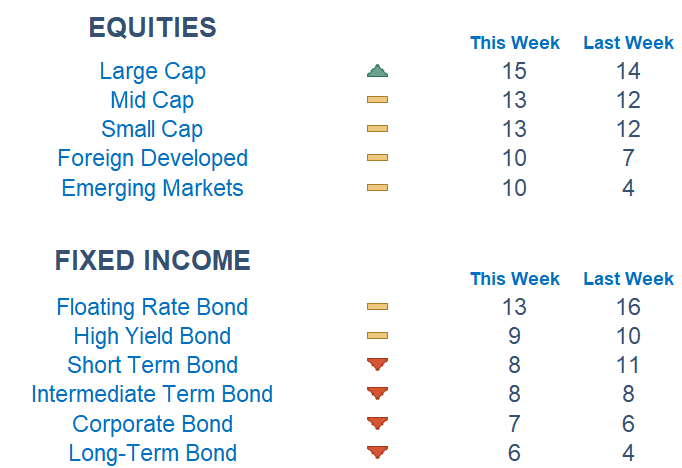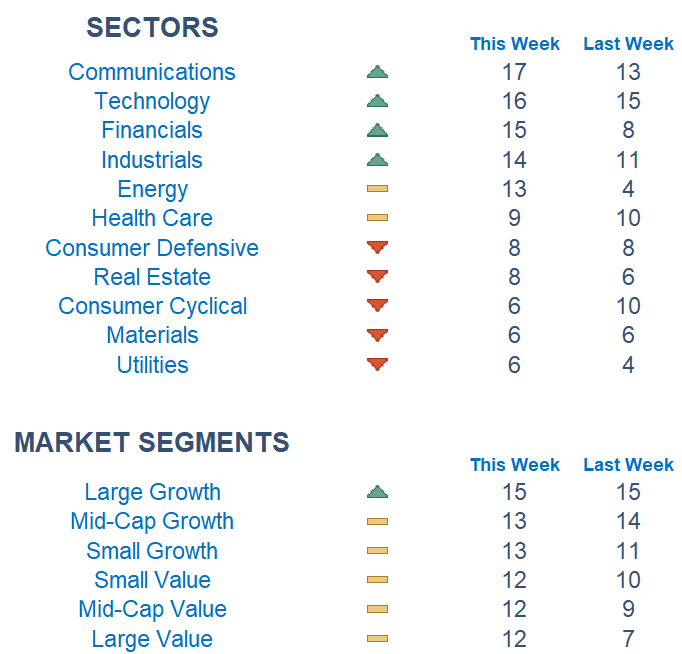Stocks are having another strong week as the S&P 500 hit new highs yesterday propelled by robust performances out of mega caps. As the week unfolds, investor attention is keenly focused on the upcoming earnings reports from tech giants, particularly Alphabet and Microsoft, which are slated to release their financial results post-market.

This Week on Wall Street - Week of January 30th
Market Commentary
Stocks are having another strong week as the S&P 500 hit new highs yesterday propelled by robust performances out of mega caps. As the week unfolds, investor attention is keenly focused on the upcoming earnings reports from tech giants, particularly Alphabet and Microsoft, which are slated to release their financial results post-market.
This anticipation is tinged with optimism, as traders hope that the earnings will not contain any substantial negative surprises that could impede the current market rally. This sentiment is further buoyed by expectations that the Federal Reserve, under the leadership of Jerome Powell, will maintain its accommodating monetary stance in its forthcoming interest rate announcement and commentary on Wednesday
In fixed income, the 10-year treasury yield is still floating near 4%. Oil remained stable as the market awaited a US response to the attack on American troops in Jordan.
Newton scores are showing more dominance in Large Caps compared to their smaller cap counterparts after the shift began a few weeks ago. On the fixed income side, we are still seeing slight strength out of the short end of the curve and floating rate as the 10-year Treasury has climbed. Beneath the surface, the megacaps are reigning supreme as Communications and Technology are leading sectors. Utilities, Materials, and Cyclicals are the laggards.
Stories to Start the Week
French farmers blocked major highways to Paris as they pursue protests over a range of grievances, despite several measures announced by the government.
U.S. forces may have mistaken an enemy drone for an American one and let it pass unchallenged into a desert base in Jordan where it killed three U.S. troops and wounded dozens more.
Amazon and robot vacuum maker iRobot said they would end their plans to merge in the face of opposition from EU and U.S. antitrust regulators.
The man who stole and leaked former President Donald Trump and thousands of others’ tax records has been sentenced to five years in prison.
Economic Releases This Week
Monday: None
Tuesday: S&P Case Shiller Index, Job Openings, Consumer Confidence
Wednesday: ADP Employment Report, Fed Decision
Thursday: Initial Jobless Claims, ISM Manufacturing, US Auto Sales
Friday: US Nonfarm Payrolls, Consumer Sentiment

What is Newton?
Our Newton model attempts to determine the highest probability of future price direction by using advanced algorithmic and high-order mathematical techniques on the current market environment to identify trends in underlying security prices. The Newton model scores securities over multiple time periods on a scale of 0-20 with 0 being the worst and 20 being the best possible score. Trend & level both matter.


Technical trading models are mathematically driven based upon historical data and trends of domestic and foreign market trading activity, including various industry and sector trading statistics within such markets. Technical trading models, through mathematical algorithms, attempt to identify when markets are likely to increase or decrease and identify appropriate entry and exit points. The primary risk of technical trading models is that historical trends and past performance cannot predict future trends and there is no assurance that the mathematical algorithms employed are designed properly, updated with new data, and can accurately predict future market, industry and sector performance.
